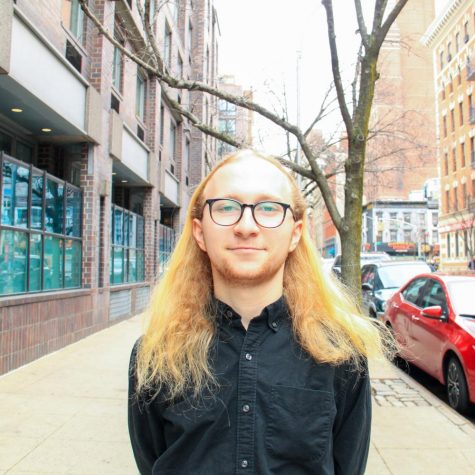North Dakota has been in the national spotlight for the past few weeks due to recent controversy around attempts by the state government to take away the voting rights of Native Americans. Just recently, a federal court ruled that Native Americans must comply with unfair, disenfranchising laws, stating that there was “great cause for concern” but that an investigation would do more harm than good because of the upcoming election.
This attempt to exclude Native Americans is another chapter in a long history of political disenfranchisement and discrimination, both in North Dakota and across the country. The discrimination that is being directed at Native Americans is a sign that they’re being caught in the crossfire of national partisanship. But regardless of the motivation behind the oppression they face, Native Americans are one of the most marginalized and vulnerable groups in the country. Being aware of their struggles and making a meaningful attempt to resolve them are the necessary next steps in addressing a crisis that has gone on for too long.
What started this controversy was an ID law passed by North Dakota’s Republican government that requires all voters to have a residential address as a part of their identification. While the request isn’t corrupt on the surface, many Native Americans in the state of North Dakota live on reservations and therefore do not have residential addresses — rather, they use P.O. boxes. With this added criteria, these Native Americans are unable to produce a valid ID, leaving them legally ineligible to vote. It becomes clear then that the law is a purposefully discriminatory act to target a specific population, reminiscent of the literacy tests that were legally given to black voters to disenfranchise them.
The discrimination also seems politically motivated, given that Native Americans largely vote for the state’s opposing party. North Dakota Democratic Senator Heidi Heitkamp won in an upset victory by only 3,000 votes — a margin of just 1 percent — and her victory is considered to have been made possible by the Native American vote. Though advocacy groups like Four Directions are actively working to create addresses for the Native Americans of North Dakota so that they can vote, Heitkamp doesn’t seem like she’ll be keeping her Senate seat after the elections. The polls are not in her favor while the Republicans’ are attempting to unseat her through whatever means necessary.
This recent instance of attempted disenfranchisement is far from being the first battle that North Dakota Native Americans have had to fight. Just last year, they were at the center of the Dakota Access Pipeline protests. Despite the fact that the pipeline has been in operation for over a year, the Native American population continues to fight against the injustice. And there are even more occurrences of injustice toward Native Americans in North Dakota than what is popularized through the media. In the state, the employment gap between Native Americans and whites is just under 25 percent, which is slightly higher than the national gap. Native American women are also being specifically targeted for sex trafficking, a byproduct of the recent oil boom caused by the creation of the pipeline.
Furthermore, mass incarceration is also one of North Dakota’s biggest problems, with its prison population standing at four times the norm of other developed countries. Native Americans in North Dakota represent the largest ethnic group in prison with the most disproportionate amount of inmates compared to the total state population. Nationally, Native-American men are also most likely to be killed in police shootings, more so than any other ethnic group. Finally, apart from these direct assaults, Native Americans simply struggle to be recognized — a recent survey found that 40 percent of Americans surveyed did not believe that Native Americans still existed.
Despite how discrimination against Native Americans persists, the political arena has thankfully been changing — a record number of Native Americans are running for office. But we must remember that through centuries of assimilation and violence, they struggle to retain their identity and even their languages. To disenfranchise this group and to marginalize them further is sheer injustice. Acknowledging and pushing back against discriminatory legislation is essential to ensuring that Native Americans are able to participate in the election — so that they can have a definitive say when choosing the leaders of our country.
Opinions expressed on the editorial pages are not necessarily those of WSN, and our publication of opinions is not an endorsement of them.
Email Cole Stallone at [email protected].
























































































































































